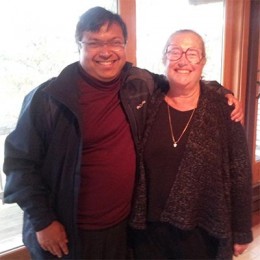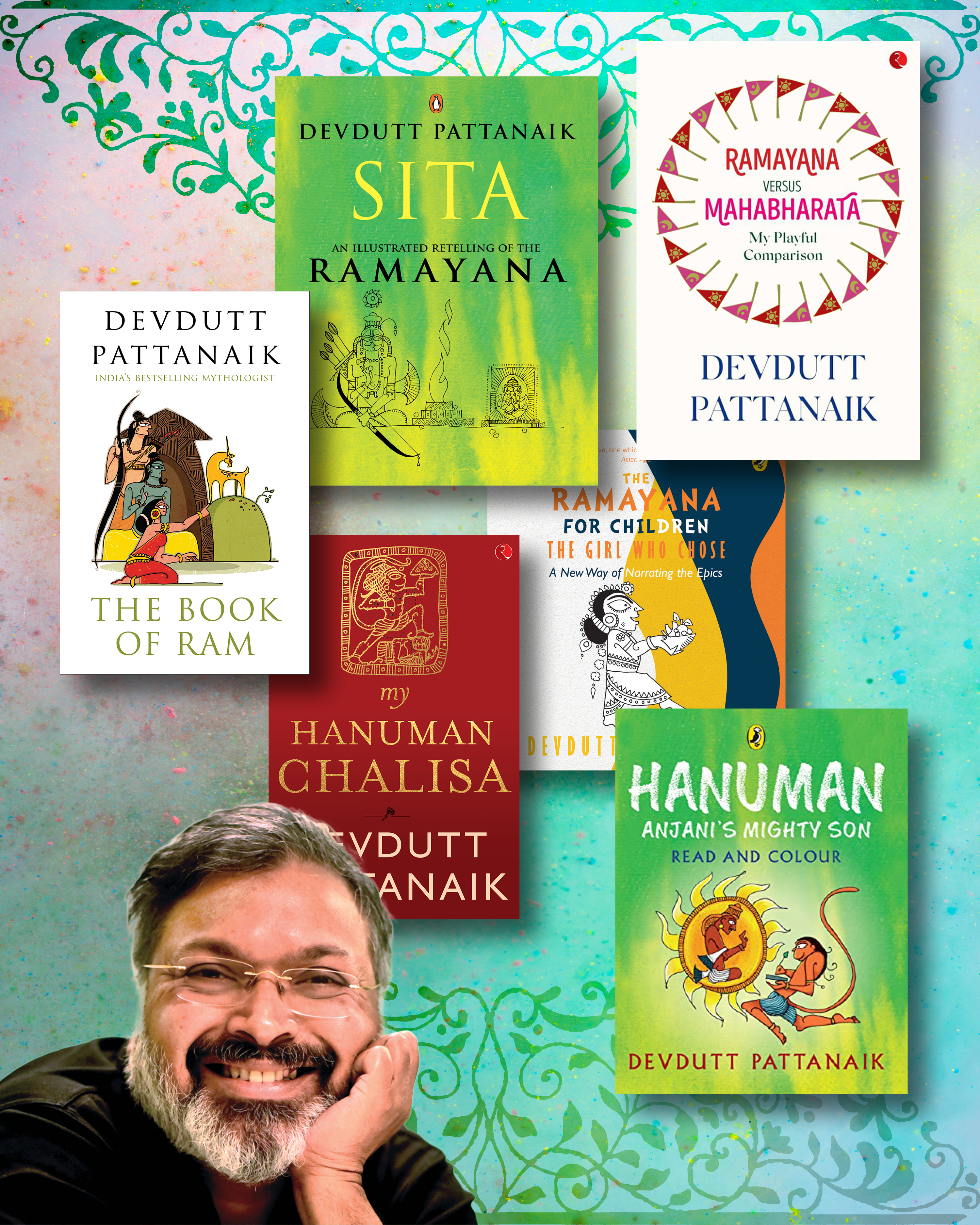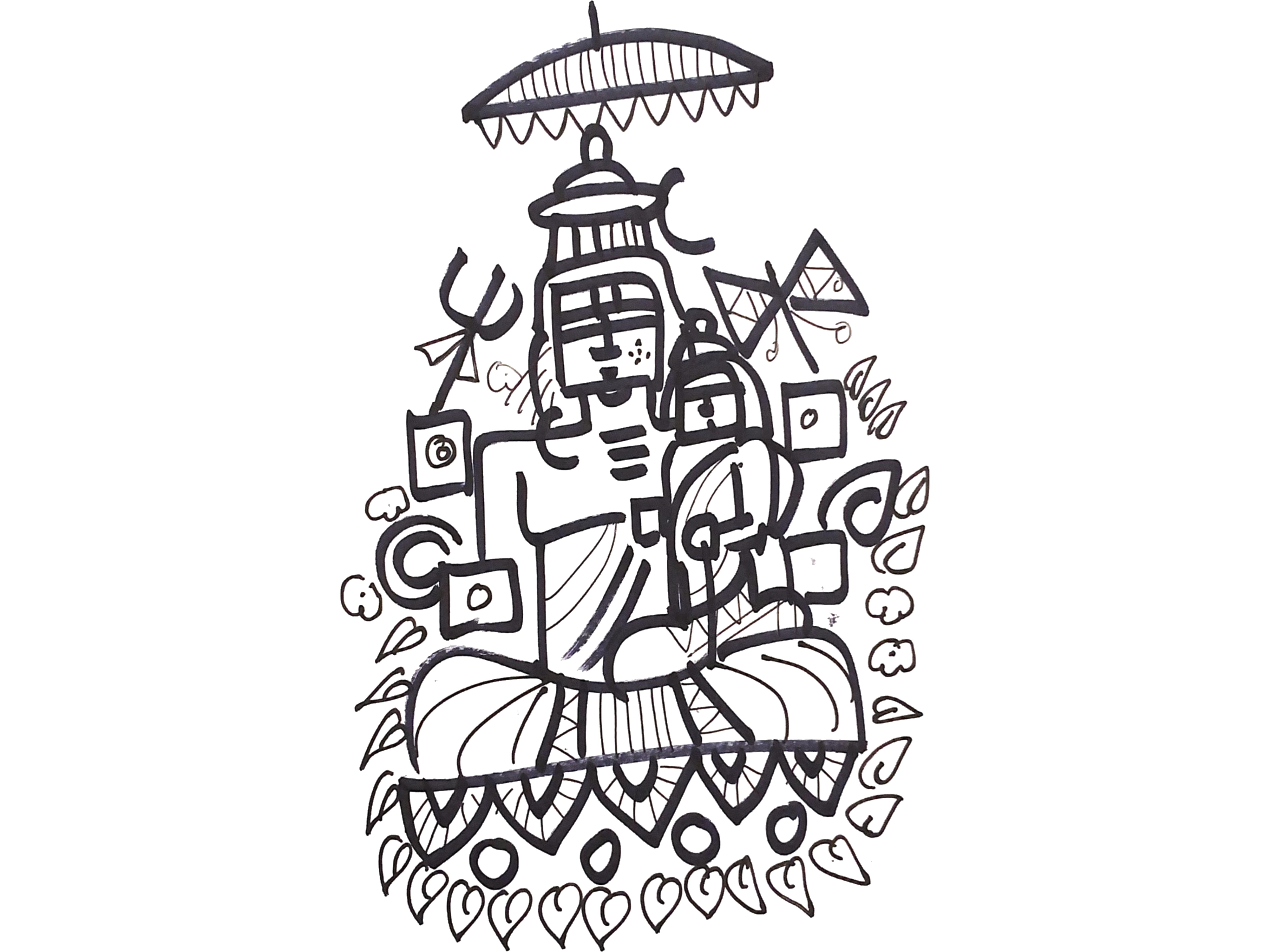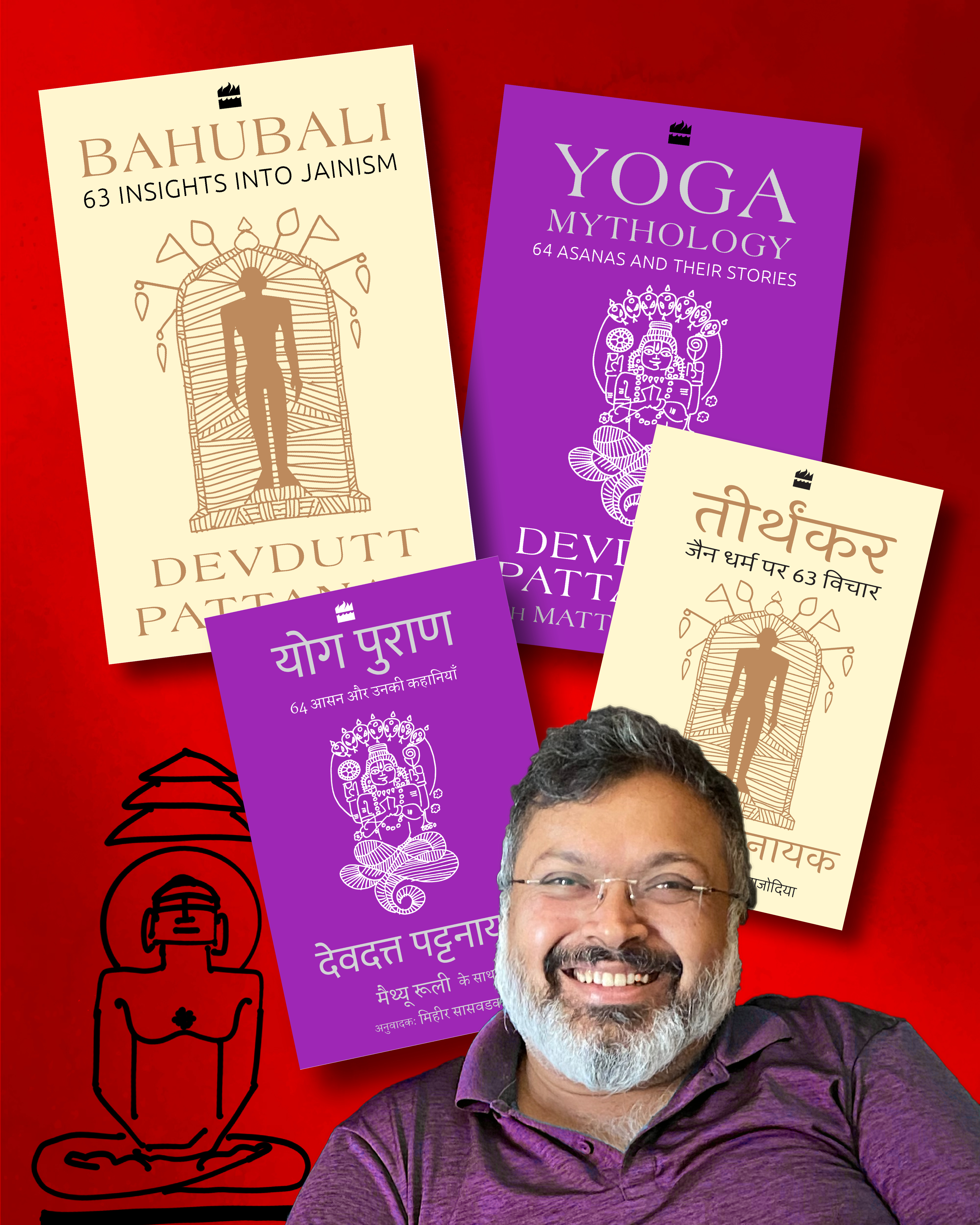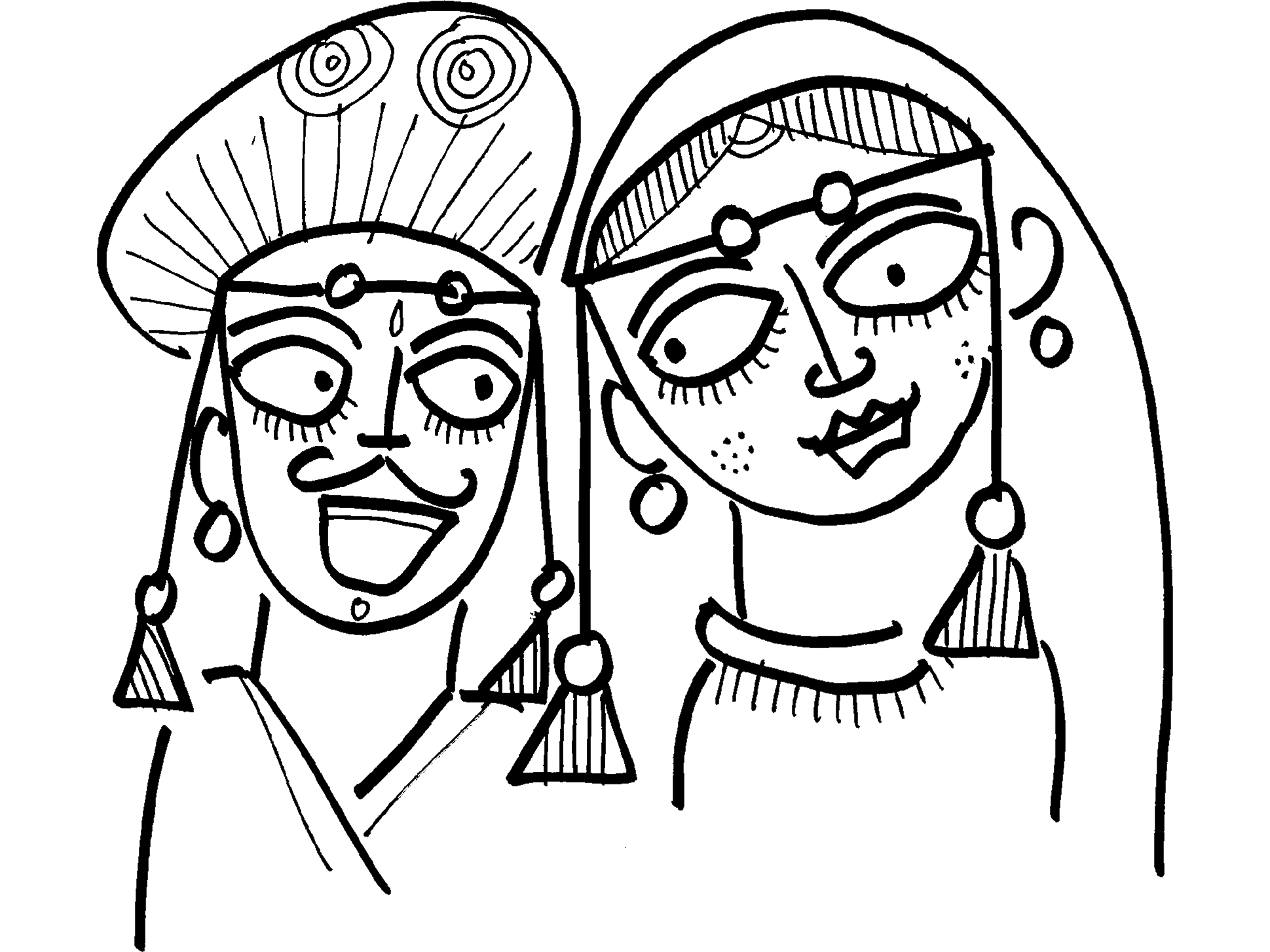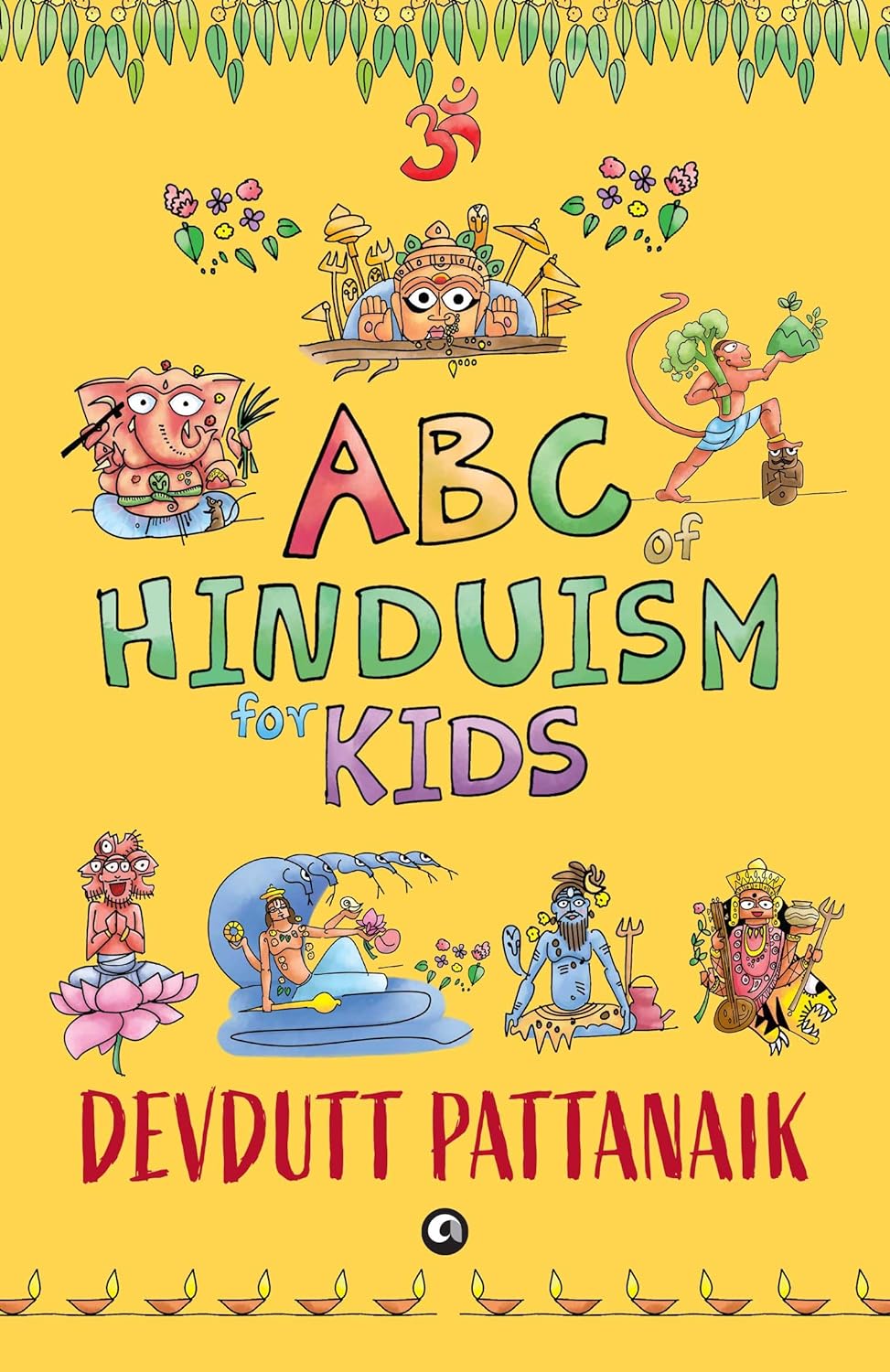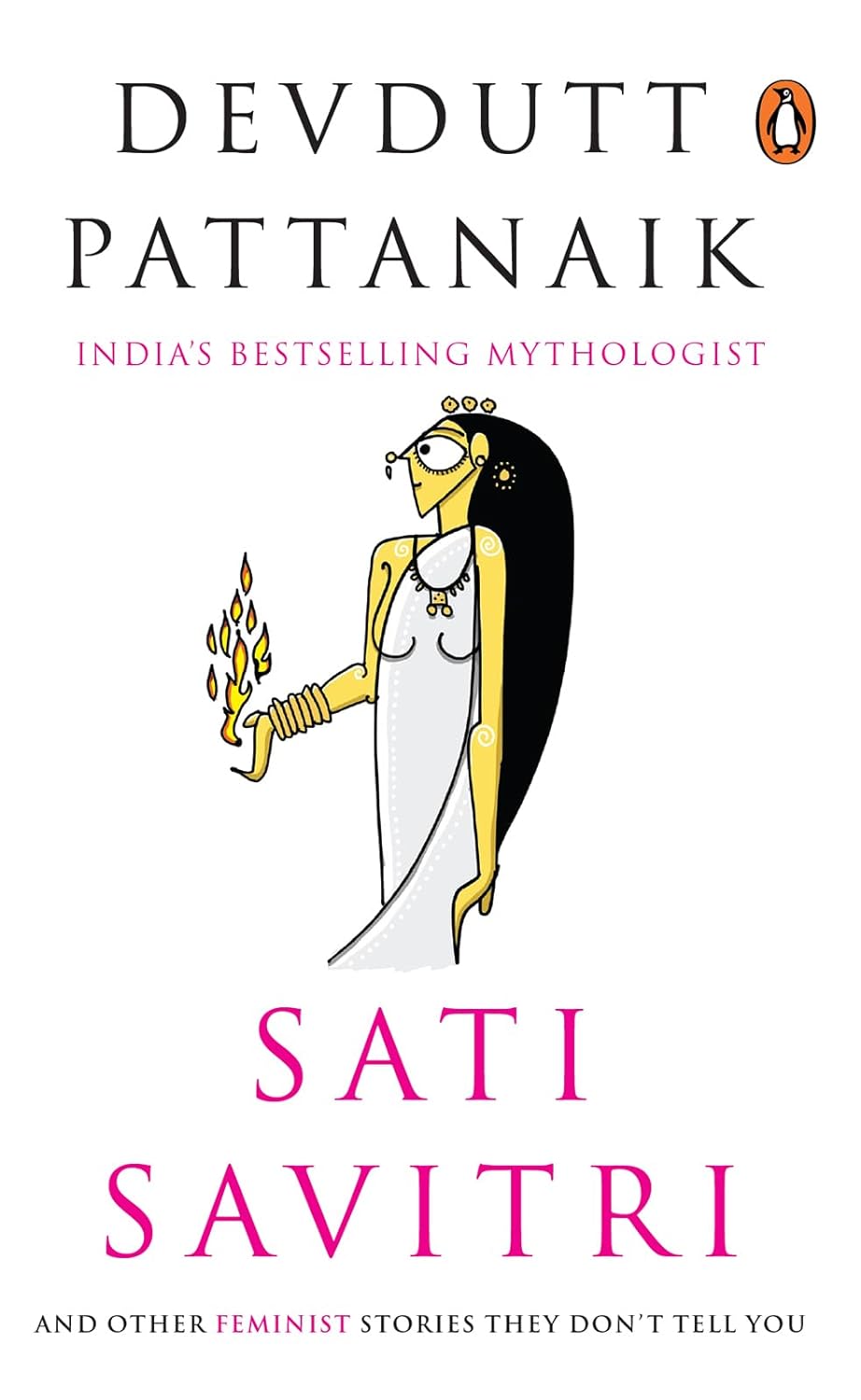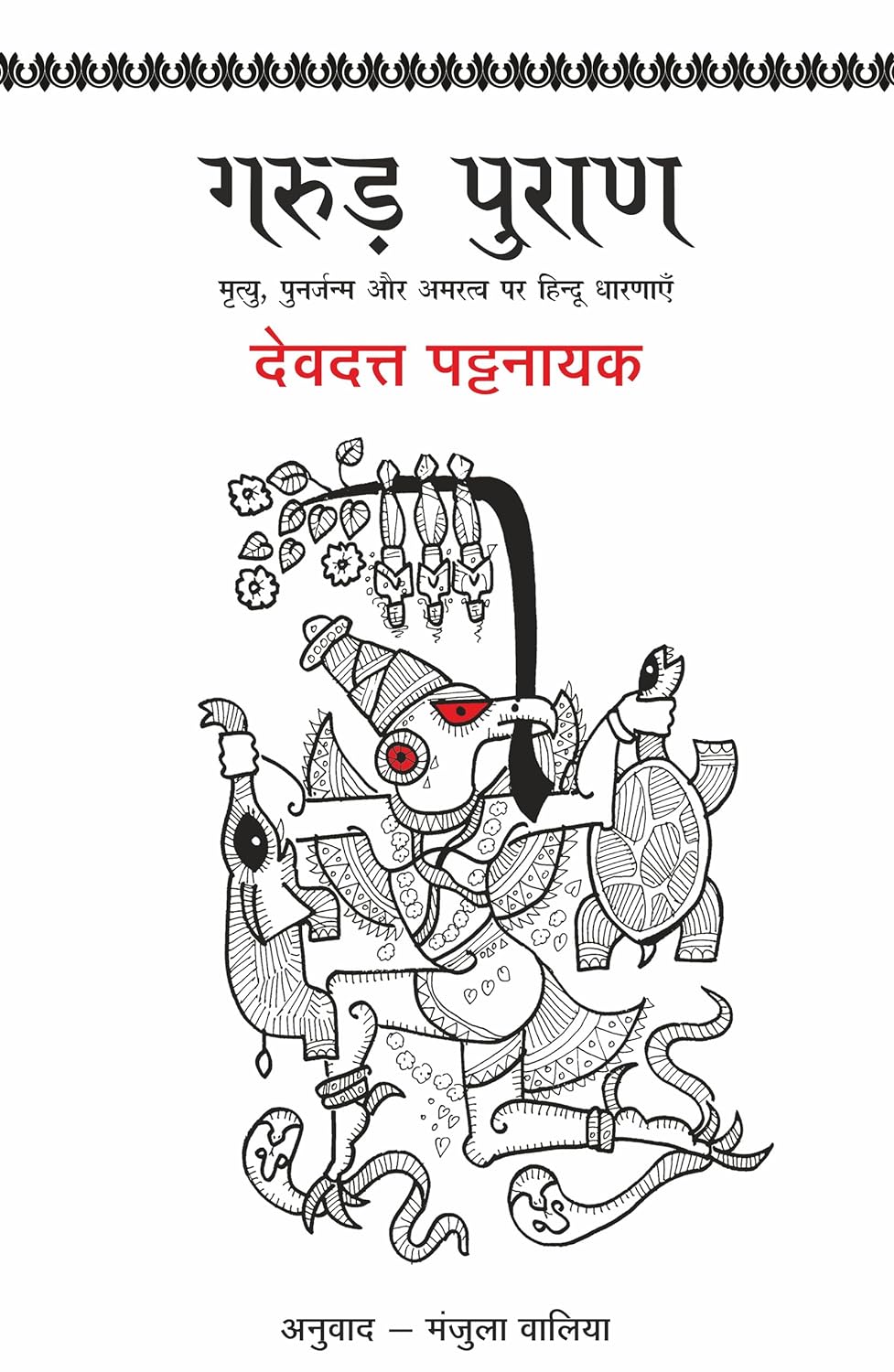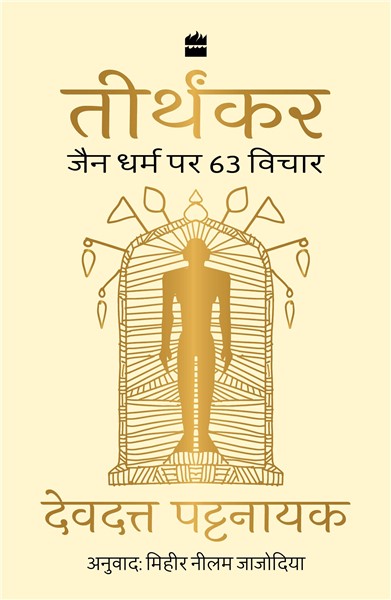Published on 19th August, 2014, in www.dailyo.in .
Wendy Doniger dedicates her book The Hindus to a ‘comrade in the good fight’. Good fight? Who is she fighting? Those who threw an egg at her at a public event to protest against her psycho-sexual analysis of Hindu deities? Is it her old nemesis, Rajiv Malhotra, whose conspiracy theory books strive with paranoid fervour to expose Euro-American academicians who are trying to tear down Hinduism by reframing Indian history and philosophy along divisive lines? Or is she referring to Mr. Batra who eventually got this book of hers pulped in India, and now watches with satisfaction his own books being turned into supplementary reading in Gujarat schools?
There is no doubt there is fight out there. On one side there are those who want to save India from who they describe as patriarchal privileged Indians who deny narratives of the oppressed classes. On the other side are those who view these self-appointed saviours as a threat to all what they believe real India, or Bharat, as they prefer to call it, stands for.
This fight is most amplified in USA, where many Non-Resident Indians (NRI) find themselves at the receiving end of extreme prejudice and are constantly being asked to defend and apologize for everything Indian, especially Hindu. Most recently, an article in the New York Times and the Economist in a case of rather creative journalism traced India’s open defecation crisis to the Manu Smriti!
A quick look at some (not all, one must repeatedly clarify) of recent books about Indian culture authored by Western scholars reveals a rather disturbing tilt in the interpretations of objective data. India’s failure to remember Ashoka is viewed as a Brahmanical conspiracy against Buddhism. Gita is analysed as a document that promotes violence. Ramayana is reduced to being propaganda narrative with an agenda against women, forest tribes and lower castes. These media and academic discourses are seen as an extension of old European Orientalist campaigns to make India the land of snake charmers with no concept of history. Resentment builds up as one is constantly pushed against the wall. It is here we must locate this deep desire of many in India’s extreme Right to rewrite India’s textbooks.
Unfortunately, the solution to counter this anti-Hindu stance seems to border on the bizarre, and often ignores the basic principles of scientific enquiry. It is a case of throwing the baby out with the bathwater. Thus we now have a government that seems eager to believe that all things put forth by any historian is falsehood if it does not appeal to Hindu sensibilities, and everything that is written in Hindu epic poetry, including metaphors, is literal truth.
Ironically, those protesting against ‘missionary’ activities are themselves turning into missionaries seeking to ‘convert’ children into feeling proud of India by forcing them to read the Gita and surreal versions of India’s past that no historian will ever endorse. What is worse is the equation of India with Hinduism and denial of its diversity, in the quest for a homogenous unity where all critical thinking will be gagged.
History proclaims objective truth but remains limited to data available, even when data woefully inadequate as in India. Mythology, by contrast, reveals subjective truth, how people imagine their world and construct their identity. Both have value. To strip history of its objectivity and mythology of its subjectivity, to value one or the other in the quest for ‘the one and only truth’ is tragic, even dangerous.


